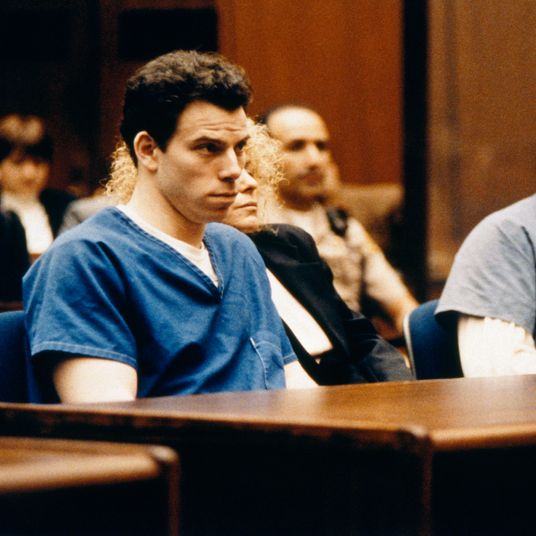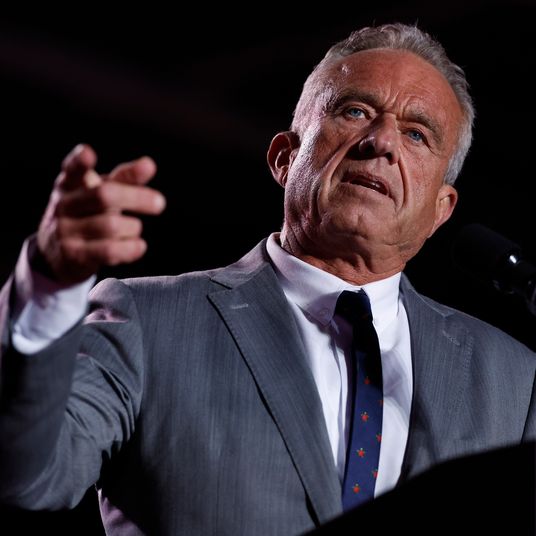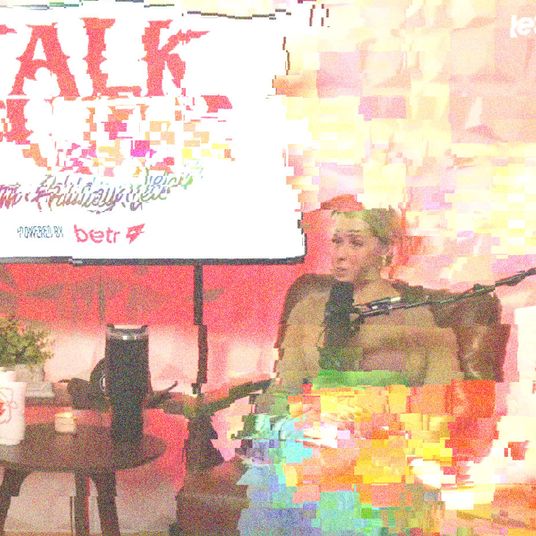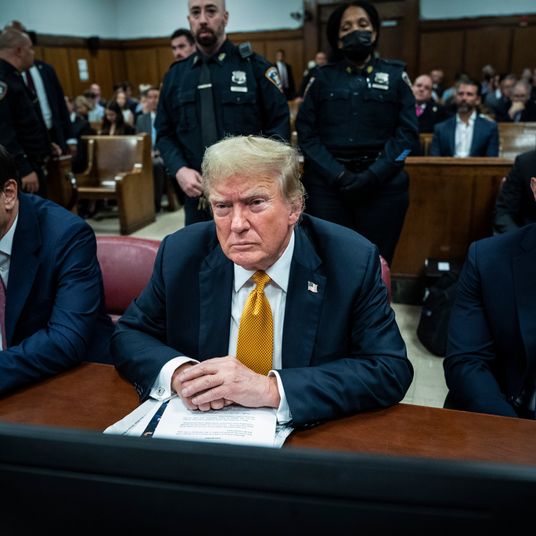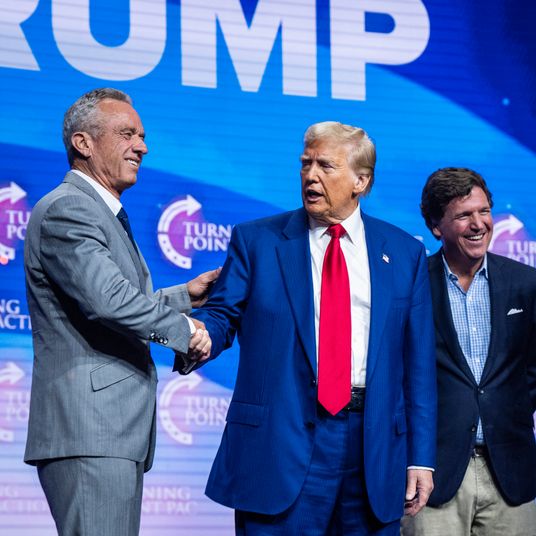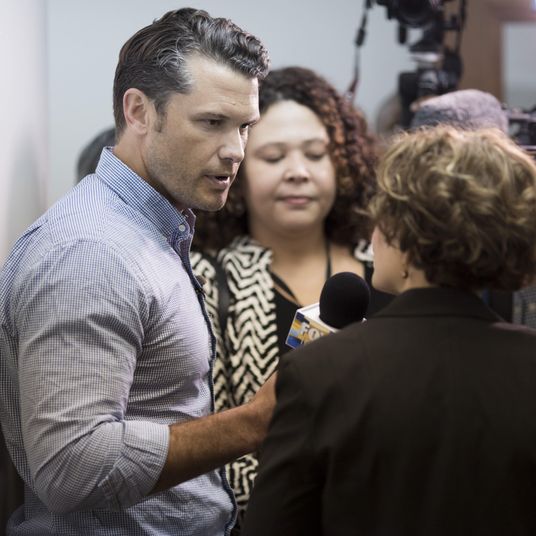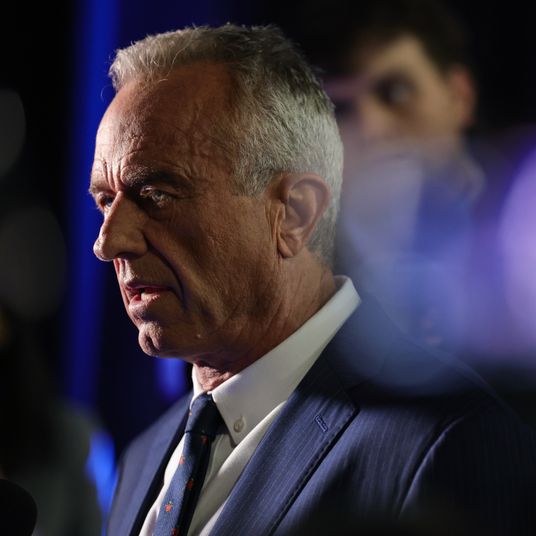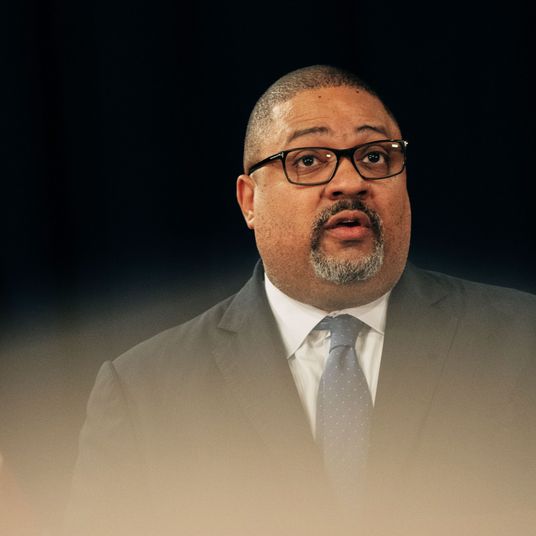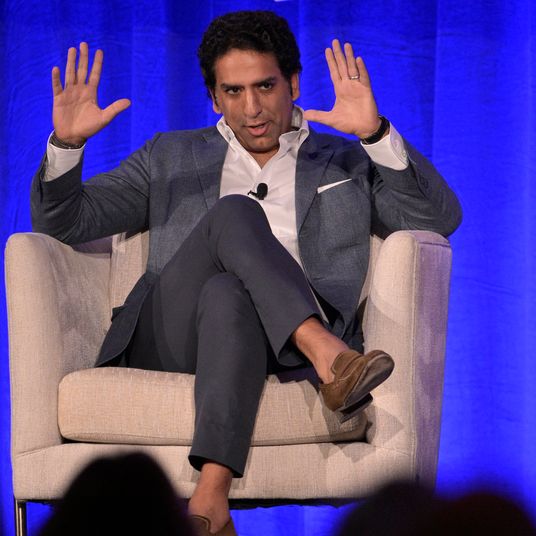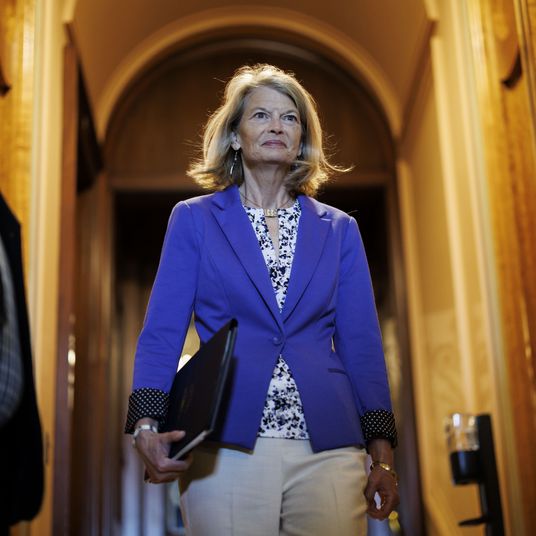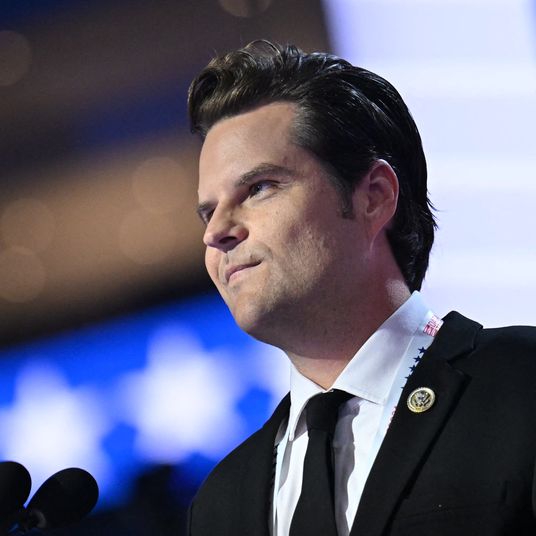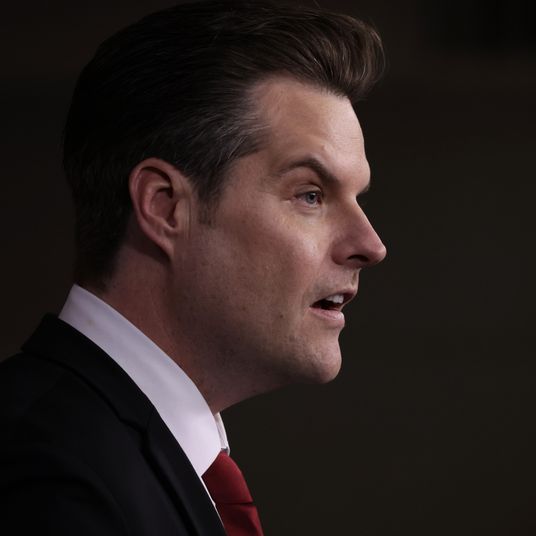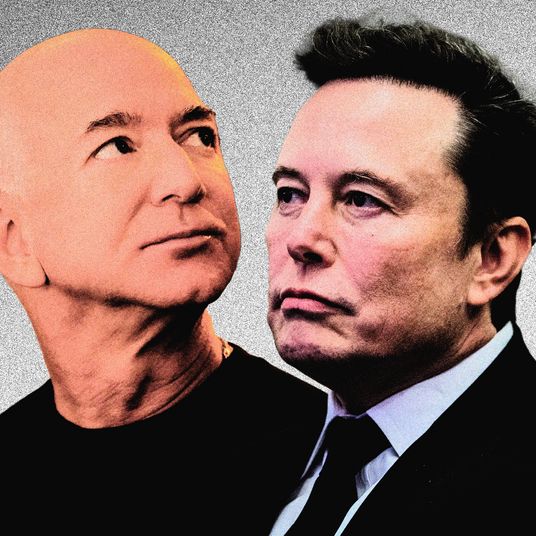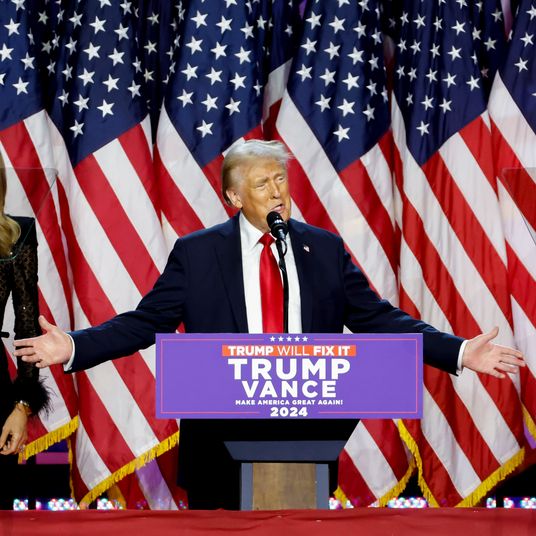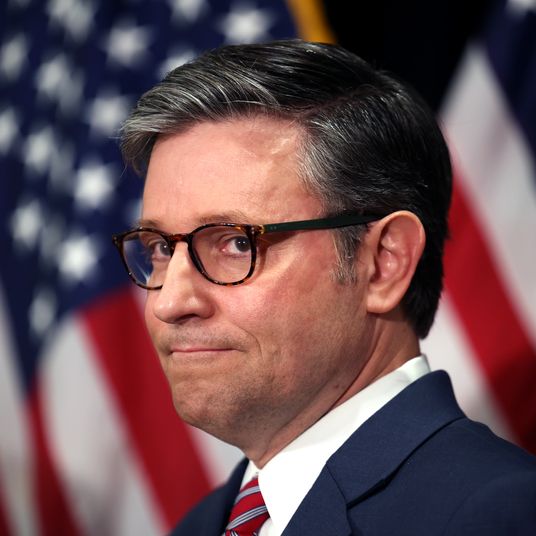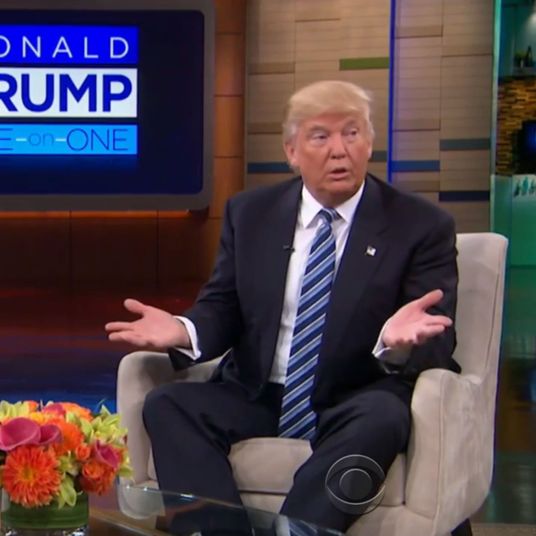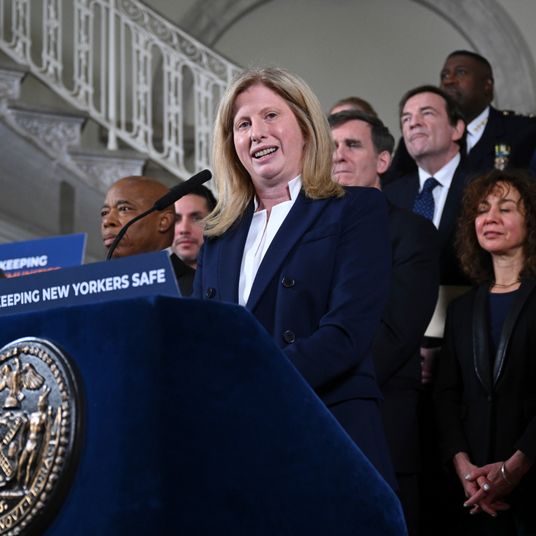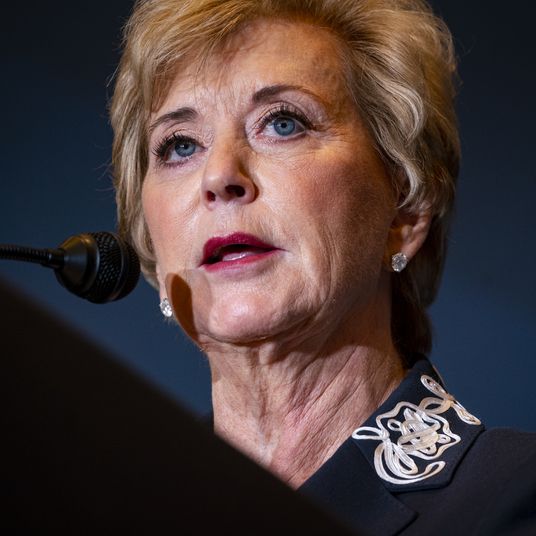
Earlier this month, French authorities arrested Pavel Durov, the founder of Telegram, a chat app widely used around the world by nearly 1 billion people, including by political dissidents and terrorist groups. Some of the criminal charges, which are peculiar to French law, stem from allegations of clearly illegal and harmful material spread on the platform. But other charges, which relate to the mere use of encrypted technology, have set off wider concerns about a crackdown on free speech. To some extent, this has been led by the right, with Elon Musk pushing #freepavel on his X platform. But these worries have also been shared by journalists and civil-liberties groups worried about the encroachment of law enforcement on the way that people around the world communicate.
To get a clearer sense of what is going on, I spoke with Daphne Keller, the director of the Program on Platform Regulation at Stanford University’s Cyber Policy Center. Keller, who was previously an associate general counsel for Google on free-expression issues, has written that the charges are more likely to be focused on how illegal material is handled by big tech but could represent a broader threat to how we people communicate online.
How much of a threat to freedom of speech is the arrest and charging of Pavel Durov?
It really depends what the prosecution’s theory is. There’s a version of this where I’m not very worried about freedom of speech at all. The version I imagine might be the case is that Telegram was notified about specific posts that contained clearly illegal material, like child-sexual-abuse material, really bad stuff, or known terrorist organizations — accounts they knew about specific things and they didn’t act to take them down. And the idea that law can require a platform to take down illegal content in that situation where they know about specific things — that’s pretty common. We have that in U.S. law for the very worst illegal content, and they definitely have it in Europe.
That kind of system, where platforms have a legal obligation to take down stuff they know is illegal, has some threat to freedom of speech. We know that platforms tend to overdo it. That’s why you probably don’t want a system like that for something like defamation, where people will try to game the platforms by claiming that true reporting is defamation. But if the bottom line is if they knew about child-sexual-abuse material and didn’t take it down, having the law penalize that is fine by me. That’s not a big threat to freedom of speech.
Are there other charges that you’re worried about?
The charging document also lists three charges that are about distributing a product with encrypted communications. If the idea turns out to be that merely allowing users to communicate securely online and protect themselves from hacking or surveillance using encryption — that’s illegal? That’s a whole other can of worms. That’s a very problematic case, if actually they go forward on that theory, because that would make some really essential tools illegal and greatly chill people’s willingness to speak frankly in communications online.
Could this set a precedent to the way that prosecutions are being handled around the world?
It depends what happens. As a matter of just U.S. constitutional law, the fact that law enforcement is allowed to do things in Europe does not change the protections under the Fourth Amendment and the First Amendment for Americans. So, in principle, it shouldn’t matter here if other governments do things that would violate our Constitution.
In practice, once one credible, seemingly nonauthoritarian government does something, it maybe moves the Overton window, makes it a little bit harder to defend the constitutional rights that we have now in the U.S. But that’s vague. It’s not like this would significantly shift what’s possible here.
But isn’t that kind of what happened around the world after the U.S. passed the Patriot Act?
Well, for us, what happened with the Patriot Act was we had this massive shock of 9/11 that made our lawmakers willing to do things they weren’t willing to do before. So, it became possible for the legal norms to shift in the U.S. I don’t see one prosecution in France having that kind of impact on us.
It seems strange they’re going after Telegram for its encryption, since it’s not Signal. It doesn’t automatically protect communications with end-to-end encryption. So why do you think that they’re going after the company?
Well, reputation-wise, Telegram is an outlier.
What do you mean by that?
It is rumored that it just ignores notices about illegal content and allows it to proliferate on the platform. Because the content isn’t encrypted, anyone can look and see if it is, in fact, child-abuse material or ISIS recruiting or whatever. And Telegram, once it’s notified, it can look and see. It can be given real knowledge of what’s there and the legal obligation to act, and if it’s not doing that, that makes it a scofflaw.
Telegram is also said to be used by Russian troops for communications in the war with Ukraine. It is known to be a vector for disinformation, especially in Eastern Europe, that is widely understood to come from the Russian government. So there’s this connection between Telegram and Russia that is a big deal.
Is this a novel prosecution in Europe?
There have been a couple of cases over the past 25 years that are loosely analogous. In the U.S. there was the prosecution of the Silk Road operator, Ross Ulbricht. That was more of a marketplace [for illegal drugs], and it seemed more clear that it was overwhelmingly used for criminal purposes. But it’s definitely analogous. In Europe, back in 2000 or so Yahoo’s auction sites had Nazi memorabilia that violated French law. The French court did say that Yahoo was liable for that and needed to take action to prevent it from being accessible in France.
Is Durov’s arrest related to the European Union’s Digital Services Act?
No. It’s not that these claims say, “Hey, Telegram, you violated the DSA.” Instead, it is that the DSA could have immunized Telegram from these claims if Telegram had responded properly to notices and taken down illegal content. Because it forfeited those protections, it exposed itself to prosecution under French law. But it’s not that the DSA is the source of these criminal charges or like he’s going to be convicted for violating the DSA. This is all a matter of French law.







